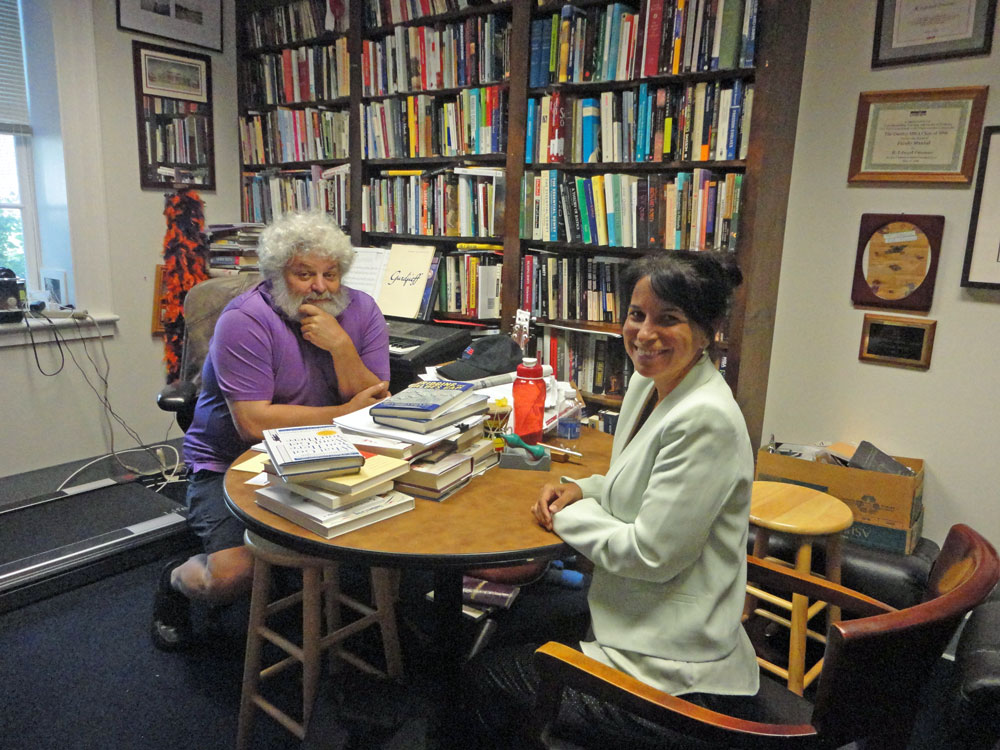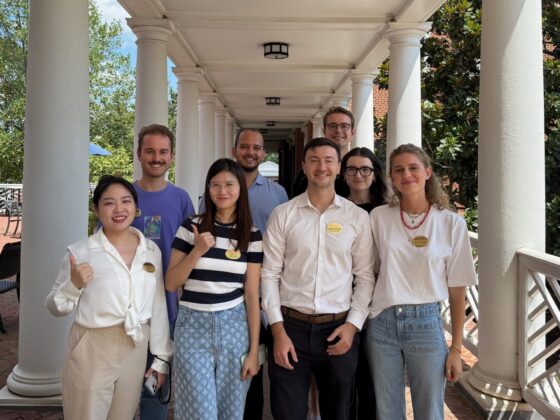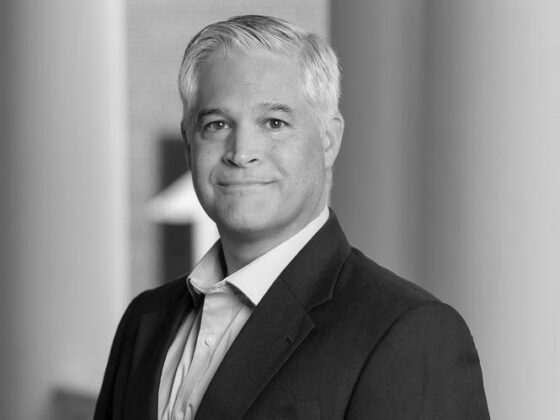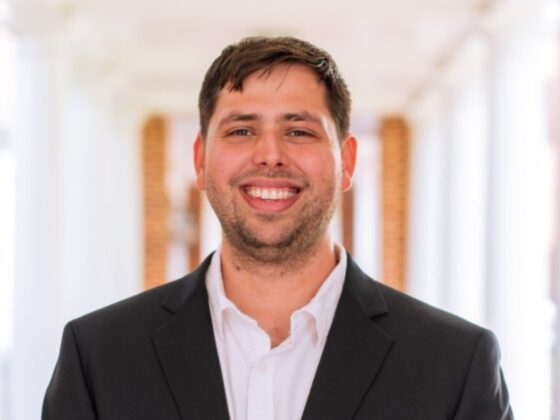Dr. Leire San-Jose was a visiting scholar at Darden for three months this summer. She came to Darden from her post as Assistant Professor of Finance at the University of the Basque Country in Bilbao, Spain.
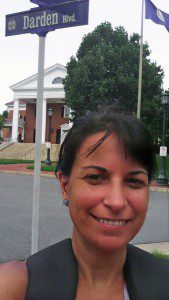 Q: How did you first hear about Darden and why did you decide to join us as a visiting scholar over the summer?
Q: How did you first hear about Darden and why did you decide to join us as a visiting scholar over the summer?
A: I was in Nottingham, UK for a CSR conference in 2007 when I heard first Edward Freeman speak. It was a very interesting narrative about the why companies exist. Then, I reviewed Freeman’s CV and I found out about Darden.
Years later, in 2010, we invited Professor Freeman to speak at the EBEN (European Business Ethics Network) Spain Conference held in Bilbao. Moreover, in our research group, ECRI Ethics in Finance & Social Value, we continued working with stakeholder theory and it has been very useful to understand the place in which these ideas developed. It has been a pleasure to understand the atmosphere and the feelings and relationship that can be built at Darden Business School.
Q: What did you learn or work on at Darden that would’ve been hard or impossible elsewhere?
A: Professor Freeman and the team around him is very special. It was only here at Darden and close to Freeman, with his colleagues, students and house classes that I could fully understand the meaning of stakeholder theory. The relationships are first. There are many things that are possible if you feel them and, for that, you need to live it.
Q: How will you apply your learning and research from over the summer to your larger research projects and goals?
A: We have developed a case study that I will use with my students in Spain because it is the best method to transfer the knowledge. Moreover, based on the stakeholder theory, we have developed a monetizing social value methodology, called SPOLY. The Business Roundtable Institute for Corporate Ethics has helped us in this process and we hope that we can continue to collaborate with them.
Q: You were previously a visiting scholar at the University of Huddersfield as well as at the Loyola University of Chicago. How did your time at Darden compare with those experiences?
A: Darden School is a clear case in which the students’ engagement is the core. The competitiveness-collaborative balance is difficult to maintain, but Darden does it very well and the ethical perspective around the school is clear. I think that Darden is an example in those subjects.
Q: Could you share a little bit about your interest in ethics and why your current research focuses on ethical aspects of trade credit and payment policies?
A: My focus on ethics is relatively new because I started in pure cash management. After years working with the classical corporate finance theories, I noticed that there were some subjects that were not taken into consideration because of their focus on the efficiency of tools more than on the value for the people who use them. Intentions, promises or effects on others are important in a financial decision, as well. There is a collaboration perspective that should be taken into consideration, so that egocentrism can be substituted for team work to get better results. It is important create value for companies, but also for society.
Q: Ed Freeman was your supervisor during your time at Darden. What did you learn from working with him directly?
A: Ed is a very close and natural person and it was very easy to work and speak with him. The Darden faculty members are great and the closeness and trust generated around Freeman allows students and colleagues to feel free; very important to advance knowledge. I understand the business concept based on the relationships and not on transactions. This new narrative is, from my point of view, the future of the business context.
